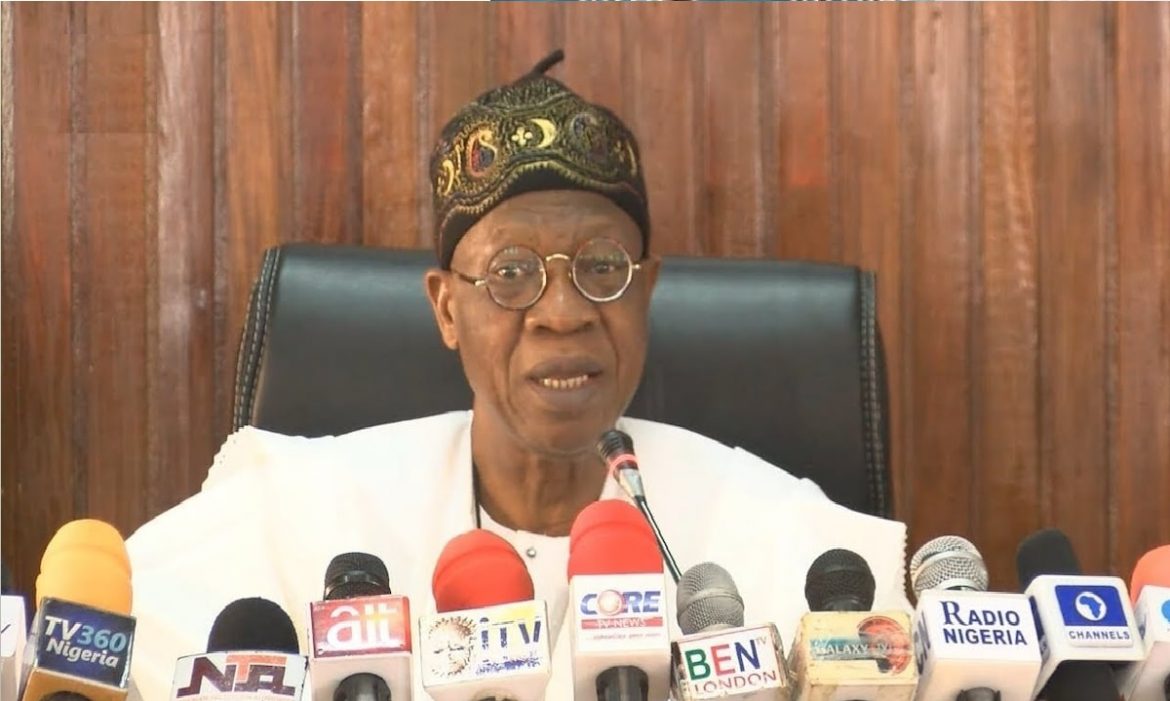Buhari’s tweets, which many Nigerians found distasteful, had warned the Southeastern people of Nigeria against secession agenda, threatening to deal with them “in the language they understand”. His comments referenced the Nigeria Civil War (1967-1970) in which an estimated 2 million South-Easterners died of starvation.
It also accused Twitter of threatening the corporate unity of Nigeria.
In the video obtained by an online media, Mohammed is seen trying to disguise with a baseball cap.
The ban was condemned by Amnesty International, Swedish Embassy and the British and Canadian missions in Nigeria.
Domestic organisations including the Socio-Economic Rights and Accountability Project (SERAP) have challenged the ban in court.
Sadly, though many Nigerians have bypassed the ban by using Virtual Private Network (VPN), the already battered economy of the country loses a fortune every day to the ban.
For instance, as at August 6, British firm, Top10VPN estimated that the ban had affected around 104.4 million internet users in the country, and cost the country around $366.9 million. The firm made the calculations using a tool developed by internet governance watchdog organisation, Netblocks, and Internet Society, a US advocacy nonprofit.



